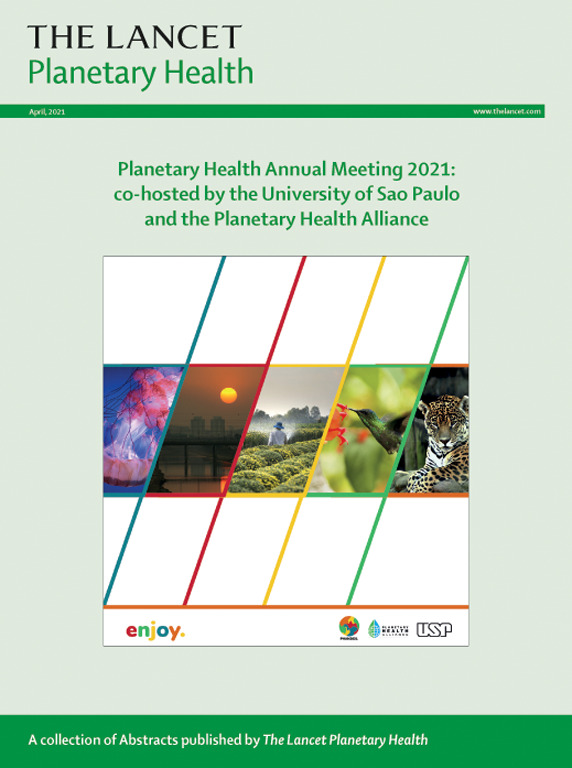The co-benefits of active travel interventions beyond physical activity: a systematic review
IF 24.1
1区 医学
Q1 ENVIRONMENTAL SCIENCES
引用次数: 0
Abstract
Active travel is a widely recognised strategy for promoting active living but its co-benefits beyond increasing physical activity, such as broader health, environmental, and social benefits, have rarely been synthesised. We conducted a systematic review to examine the co-benefits of active travel interventions. Following a preregistered protocol (PROSPERO CRD42022359059), we identified 80 studies for the search period from Jan 1, 2000, to Sept 13, 2022. Across studies, there was consistent evidence that active travel interventions offered co-benefits beyond physical activity. Particularly, 25 (71%) of 35 studies favoured improved safety outcomes, 20 (67%) of 30 showed improved health, 17 (85%) of 20 supported economic benefits, 16 (84%) of 19 highlighted improved transport quality, 12 (92%) of 13 showed environmental benefits, and four (80%) of five documented social benefits. Despite the overall low-certainty evidence, mostly limited by the quasi-experimental design and natural-experimental design of many of the studies, active travel interventions offer unique opportunities to engage stakeholders across sectors to jointly address major societal issues, such as physical inactivity, traffic safety, and carbon emissions. This evidence can inform the design, implementation, and evaluation of active travel interventions.
积极出行干预措施在体育活动之外的共同效益:系统性综述。
积极出行是一种广受认可的促进积极生活的策略,但其除了增加身体活动之外的共同效益,如更广泛的健康、环境和社会效益,却很少被综合考虑。我们对积极出行干预措施的共同效益进行了系统性研究。按照预先登记的协议(PROSPERO CRD42022359059),我们在 2000 年 1 月 1 日至 2022 年 9 月 13 日的检索期内确定了 80 项研究。在所有研究中,有一致的证据表明,积极出行干预措施提供了体育活动以外的共同效益。特别是,35 项研究中的 25 项(71%)倾向于改善安全结果,30 项研究中的 20 项(67%)显示了健康状况的改善,20 项研究中的 17 项(85%)支持经济效益,19 项研究中的 16 项(84%)强调了交通质量的改善,13 项研究中的 12 项(92%)显示了环境效益,5 项研究中的 4 项(80%)记录了社会效益。尽管总体上证据的确定性较低,主要受限于许多研究的准实验设计和自然实验设计,但积极出行干预措施提供了独特的机会,让各部门的利益相关者参与进来,共同解决重大的社会问题,如缺乏运动、交通安全和碳排放等。这些证据可以为积极出行干预措施的设计、实施和评估提供参考。
本文章由计算机程序翻译,如有差异,请以英文原文为准。
求助全文
约1分钟内获得全文
求助全文
来源期刊

Lancet Planetary Health
Multiple-
CiteScore
28.40
自引率
2.30%
发文量
272
审稿时长
8 weeks
期刊介绍:
The Lancet Planetary Health is a gold Open Access journal dedicated to investigating and addressing the multifaceted determinants of healthy human civilizations and their impact on natural systems. Positioned as a key player in sustainable development, the journal covers a broad, interdisciplinary scope, encompassing areas such as poverty, nutrition, gender equity, water and sanitation, energy, economic growth, industrialization, inequality, urbanization, human consumption and production, climate change, ocean health, land use, peace, and justice.
With a commitment to publishing high-quality research, comment, and correspondence, it aims to be the leading journal for sustainable development in the face of unprecedented dangers and threats.
 求助内容:
求助内容: 应助结果提醒方式:
应助结果提醒方式:


